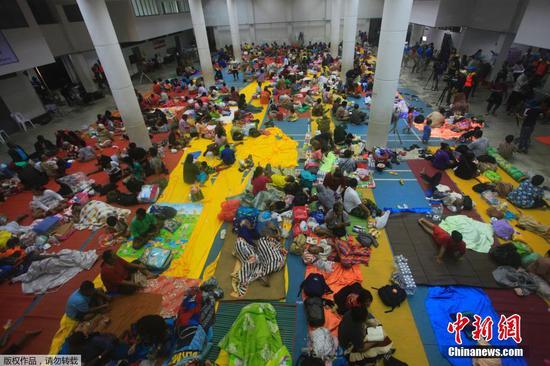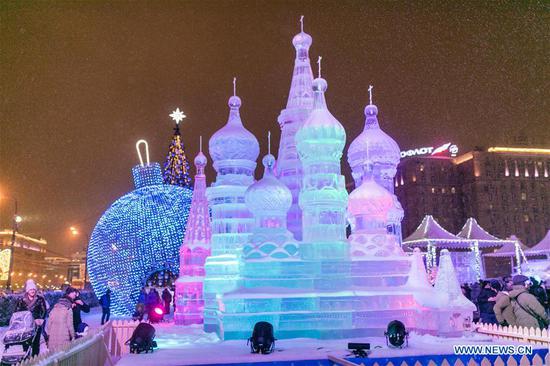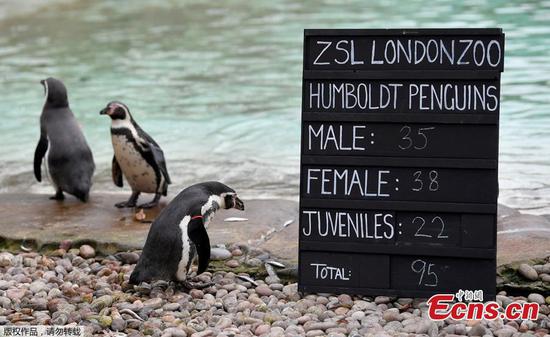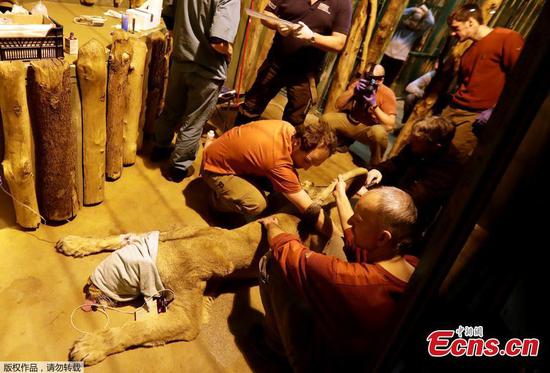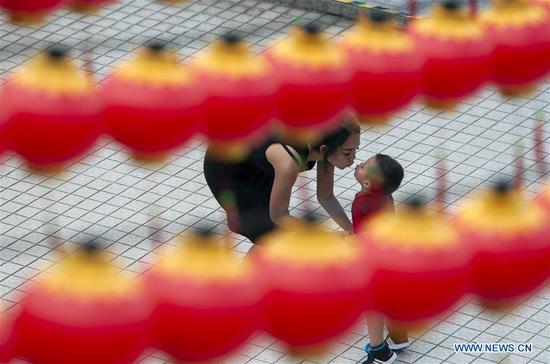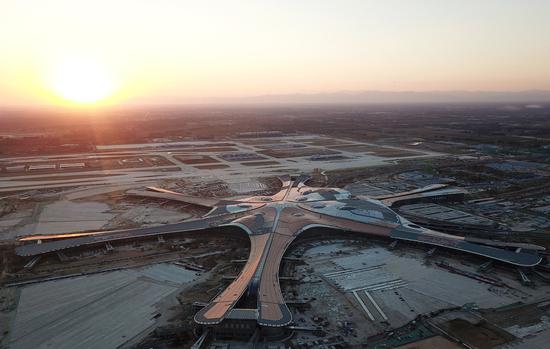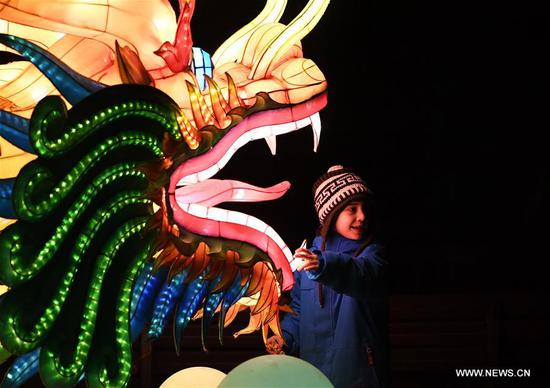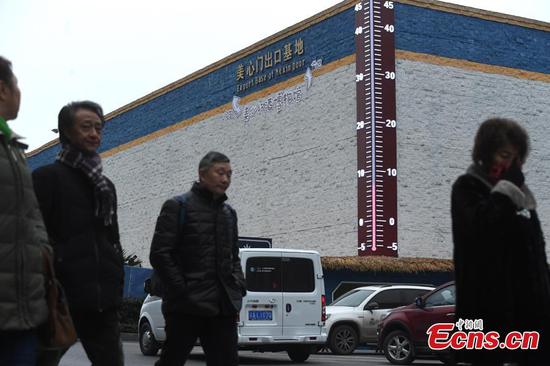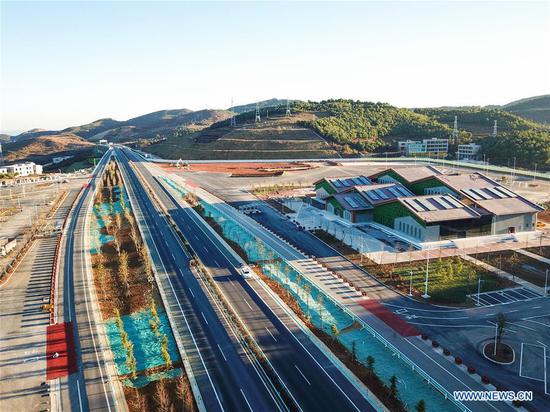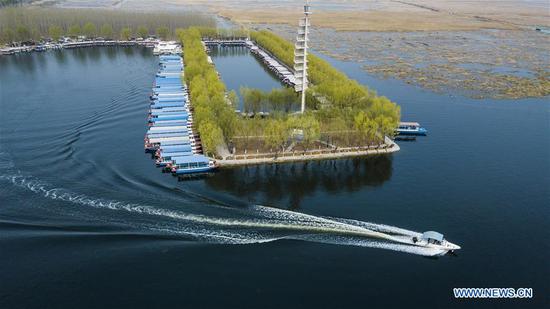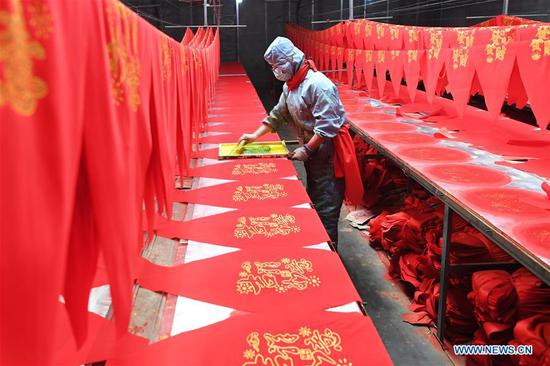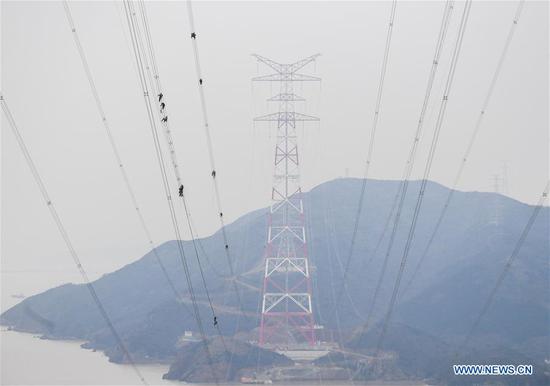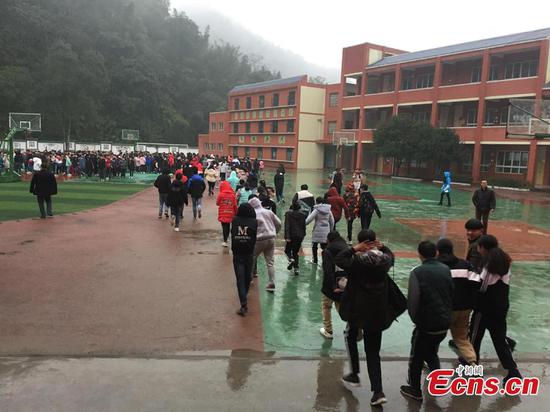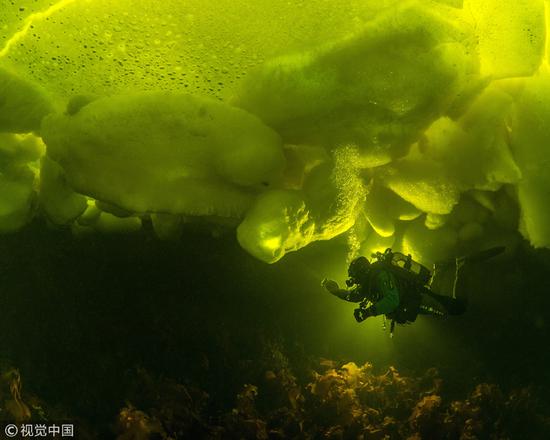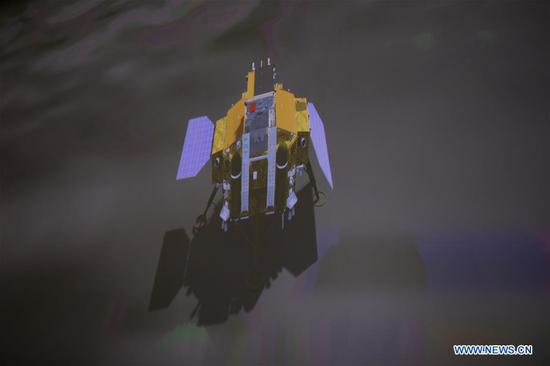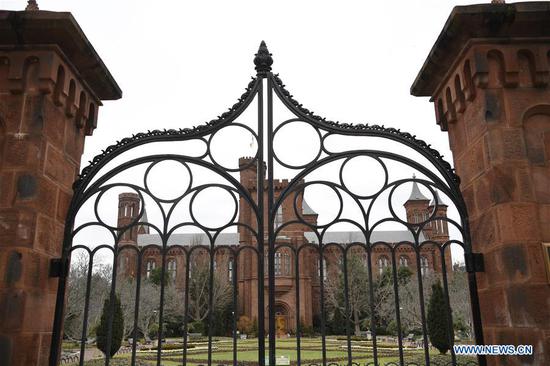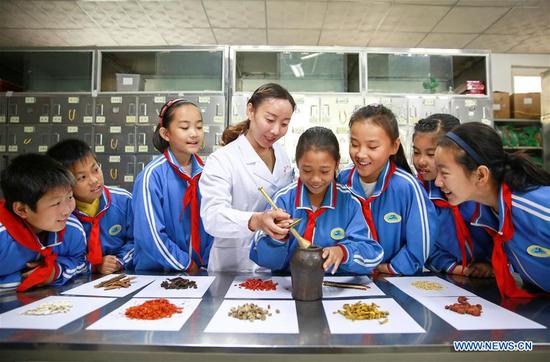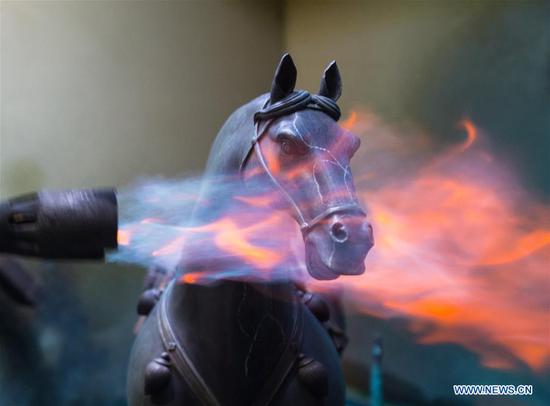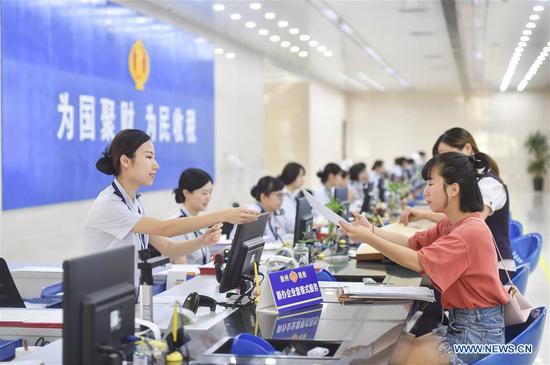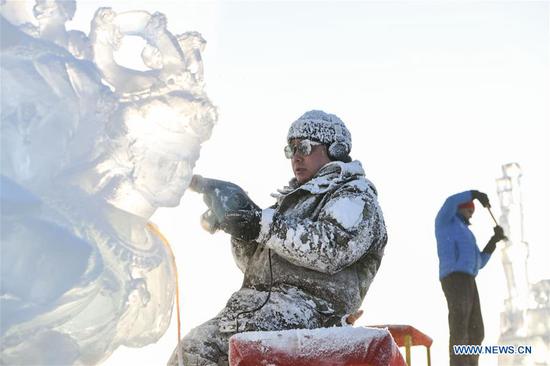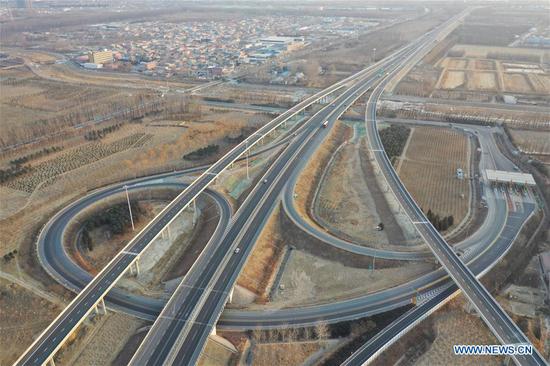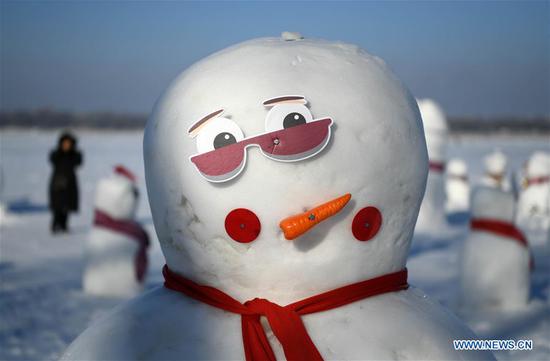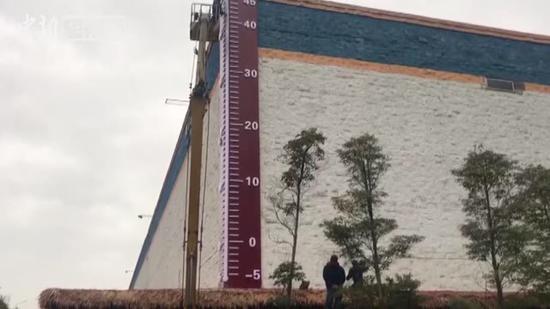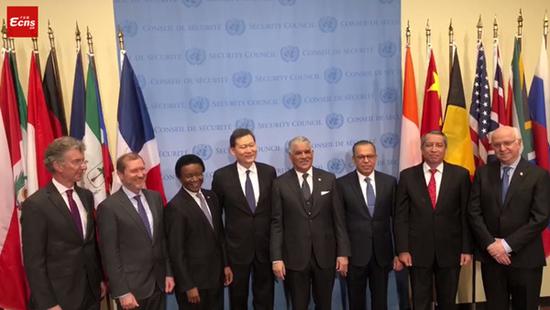
Shanghai police display a real (right) and knockoff (left) Dyson hairdryer on Friday after cracking a gang suspected of making the hairdryers. (Photo by ZHANG LONG/FOR CHINA DAILY)
Shanghai police cracked a criminal gang suspected of manufacturing and selling fake Dyson hairdryers, a fashionable icon chased after by Chinese middle class and youths.
The gang of 36, based in Huizhou, Guangdong province, had a clear division of labor in production, wholesale and retail, said police, who received reports from the public in August that some individuals had bought fake Dyson hairdryers from stores on various online shopping platforms.
Two production sites were busted, and the suspects captured on suspicion of counterfeiting a registered trademark on Dec 14, police said. Nearly 400 finished products, more than 1,500 semifinished products and more than 200,000 spare parts were seized.
Dyson hairdryers, headquartered in Britain, have been popular since their market debut on the Chinese mainland in August, 2016. During the annual Singles Day online shopping festival on Nov 11, the hairdryers were among those that saw sales worth 10 million yuan ($1.47 million) in the first hour of trading.
Police said that the knockoffs were sold at 120 yuan each to wholesalers and retailers and they were finally sold at a price between 2,200 and 2,300 yuan as "discounted products" or "European version" on online shopping platforms and had been sold to several provinces and municipalities, including Guangdong, Fujian, Jiangsu, Zhejiang and Shanghai.
Yu Songbin, a police officer with the economic crime team of Pudong police, who handled the case, said that the suspects set up a company in Huizhou in early 2018 to produce hairdryers of their own brand that looked similar to Dyson products, but sales were poor. They soon decided to fabricate Dyson hairdryers.
"They hired technicians to disassemble real Dyson products and analyze their structures, and employed more than 30 people to be responsible for different positions, including purchasing parts and components, working on the assembly line, and wholesaling and retailing the counterfeit products on the internet," he said.
Police said that the sales from selling these knockoffs reached more than 10 million yuan by the time the case was cracked.
"The knockoffs are slightly different from the real products in material quality and color but are obviously different in the working mechanism, air volume and sound after turning on the machine," Yu said.










